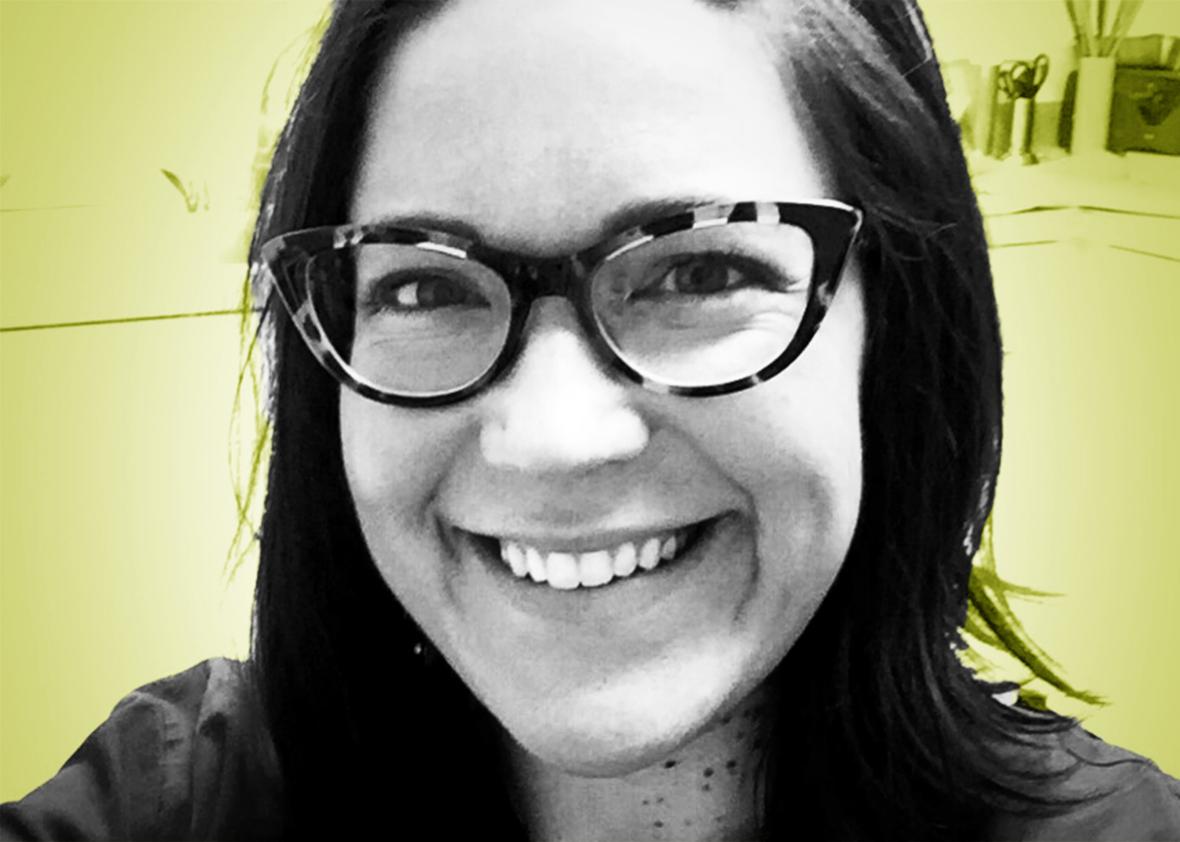Listen to this episode of Working with guest Diane Horvath-Cosper:
Subscribe in iTunes ∙ RSS feed ∙ Download ∙ Play in a New Tab
A little over a year ago, Diane Horvath-Cosper, a Baltimore-based OB-GYN and reproductive rights advocate, was Googling herself when she came across a disquieting image. She found that an anti-abortion site, one that described physicians like her as members of an “abortion cartel,” had posted a picture of her holding her daughter, who was just 15 months old at the time.
As Horvath-Cosper recounts in this episode of Working, that intrusion was deeply dismaying, but it was also far from unprecedented. Like others in her profession, Horvath-Cosper has dealt with pushback from protesters, lawmakers, and even hospital administrators. Such resistance informs and drives her current advocacy work with Physicians for Reproductive Health, an organization for which she serves as a medical expert. She also spends several days a month in clinical settings, both providing abortions and conducting other procedures such as implanting IUDs.
Horvath-Cosper explains that her hands-on medical work helps remind her why she chose the field in the first place. She originally found her way to it in part because she worried that we were running short on trained abortion providers. “I came to the realization that there were always going to be people to do C-sections at 3 o’clock in the morning. There were always going to be people to do prenatal care visits,” she says of her own schooling. “But unless there were more people trained to do abortions, unless there were people who were willing to train others to do them, then we weren’t necessarily going to have people going forward.”
Today, Horvath-Cosper tries to approach her clinical work with compassion and care for her patients. “They don’t expect to be cared for and loved and their hands to be held and to be cried with,” she says. “To be able to be with a person when they’re making that move is a huge gift, and it’s really why I love this job.”
To some patients’ surprise, Horvath-Cosper often asks “about their kids and their families,” partly because she thinks it’s unfortunate that “we’ve disassociated the idea of parenting and being a parent [from] this idea that people who are parents still have abortions.” But for all that, she strives not to dictate others’ feelings to them, observing, “I don’t want to give anyone any feelings that they may not have, because it’s not their experience.”
Nevertheless, there’s at least one feeling that’s in the air, a widespread anxiety about the status of reproductive rights in the wake of Donald Trump’s election. Horvath-Cosper acknowledges, “We’ve had a lot of concerns about women and access to contraception, and what’s going to happen with the Affordable Care Act.” She stresses that, for now at least, we don’t really know what to expect or when to expect it. But in this uncertain climate, her efforts remain as critical as ever.
In a Slate Plus extra, Horvath-Cosper reflects on the changing presence of abortion in mainstream culture. If you’re a member, enjoy bonus segments and interview transcripts from Working, plus other great podcast exclusives. Start your two-week free trial at slate.com/workingplus.
Email: working@slate.com
Twitter: @Jacob_Brogan
Podcast production by Mickey Capper.
